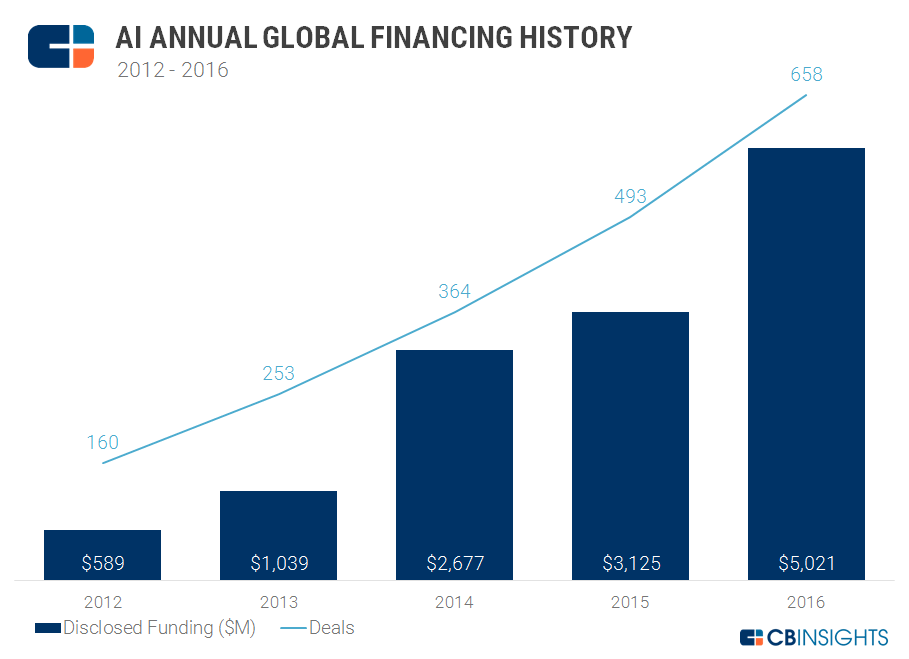AI Investors: Palantir vs. Nvidia - Which Stock Reigns Supreme?

In the fast-evolving world of Artificial Intelligence (AI), two companies often mentioned in investor discussions are Palantir Technologies and Nvidia Corporation . Both giants offer unique value in AI, with Palantir providing big data analytics solutions and Nvidia leading the charge in AI hardware technologies. As the demand for AI solutions skyrockets, both companies are poised to benefit. This article delves deep into what makes Palantir and Nvidia stand out for investors seeking to capitalize on the AI revolution.
Understanding Palantir’s Position in the AI Industry
Palantir Technologies , founded in 2003, has established itself as a leader in big data analytics and artificial intelligence-based software platforms. By helping organizations integrate, visualize, and analyze their data, Palantir is key in transforming raw data into actionable insights. The company operates primarily through two main platforms: Gotham and Foundry .
Key Products and Services
- Gotham: Primarily used by government agencies for counter-terrorism and defense, focusing on data integration and operational analysis.
- Foundry: Aimed at commercial enterprises to leverage big data for operational efficiency and decision-making.
Palantir’s software solutions are trusted by major organizations worldwide such as the US government, various international intelligence agencies, and commercial giants. This reliable clientele forms a solid base for potential growth.
Nvidia’s Dominance in AI Hardware
Nvidia Corporation is synonymous with graphics processing technology and is a pioneer in the AI hardware space. While originally renowned for its graphics processing units (GPUs), Nvidia’s reach has expanded dramatically into AI-focused solutions. Its advanced GPUs power the computational requirements of AI systems across different platforms.
AI-Centric Products
- GPUs: The foundation of Nvidia’s AI solutions, renowned for their bandwidth and parallel processing capabilities.
- Nvidia CUDA Platform: A parallel computing platform and application programming interface model that enables developers to speed up compute-intensive applications by harnessing the power of GPUs.
- Deep Learning AI: Focused on machine learning capabilities which foster innovation in areas like autonomous vehicles and smart city infrastructure.
Nvidia’s strategic acquisitions and partnerships have amplified its growth potential, predominantly in AI, machine learning, and autonomous vehicle sectors.
Financial Health and Market Performance
Palantir’s Financial Trajectory
Since going public in 2020, Palantir has achieved commendable revenue growth, but this surge comes with its challenges. Despite high revenues, profitability remains a concern, with the company consistently reinvesting in R&D and marketing efforts. The company’s revenues have been on an upward trend, supported by extended customer contracts and a broader customer base. It’s essential to keep an eye on Palantir’s ability to manage costs and transition from growth mode toward profitability.
How Does Nvidia Fare Financially?
Nvidia has been on a stellar run, thanks largely to the burgeoning demand for AI-powered solutions and gaming technology. The company showcases robust profitability, with impressive year-on-year revenue growth. Nvidia’s strategic focus on expanding its data center operations and AI partnerships has cemented its place as a tech juggernaut. Their financial position offers greater liquidity and stability compared to many tech startups, including Palantir.
Growth Prospects and Future Outlook
Growth Drivers for Palantir
Palantir’s future growth will largely rely on:
- Expanding its commercial segment by targeting new industries and verticals.
- Continuing collaboration and contract acquisition within the government sector.
- Leveraging AI advancements to enhance data analytics capabilities.
The company’s focus on AI development offers opportunities to deliver deeper insights to clients and enhance operational efficiencies.
Nvidia’s Expansion Horizons
Nvidia’s growth trajectory is bolstered by:
- Strengthening core GPU offerings and innovating in parallel AI computing.
- Expansion within the AI and machine learning sectors, spearheaded by their advanced research in deep learning.
- Entering and potentially dominating new markets, such as augmented reality and autonomous transport.
With increased interest in self-driving vehicles and smart computing, Nvidia’s relevance in future technological advancements seems assured.
Investment Risks to Consider
Risks Associated with Investing in Palantir
While the outlook for Palantir is positive, there are inherent risks:
- Dependence on government contracts, which can be subject to political and budgetary fluctuations.
- Challenges in transitioning from growth to a profitable business model.
- Potential regulatory scrutiny related to data privacy and ethics.
Potential Concerns for Nvidia Investors
Investors in Nvidia should be aware of:
- Increased market competition, especially from companies developing their AI chips.
- Dependence on a robust supply chain, which can be adversely affected by global tensions or natural disruptions.
- High valuation concerns, which may result in volatility during broader market corrections.
Final Thoughts: Palantir vs. Nvidia
For investors, choosing between Palantir and Nvidia can depend on investment goals. Nvidia offers an established pillar in AI hardware and enjoys a robust financial position, presenting fewer risks compared to newer companies. In contrast, Palantir provides a high-risk, high-reward proposition with its potentially transformational software capabilities.
The decision should align with your investment strategy, risk appetite, and belief in the company’s long-term role in the AI landscape. Whether you prefer the stability and steady growth of Nvidia or the innovative potential of Palantir, it’s clear both companies will play pivotal roles in shaping the future of AI.
Subscribe to keep reading
It's a subscribers only post. Subscribe to get access to the rest of this post and other subscriber-only content.
Comments
Post a Comment